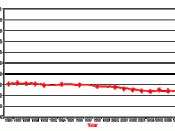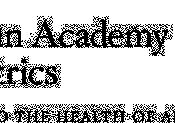Introduction
'Physical activity positively impacts on the growth and development of children' (Pangrazi, R.P. 1998:18). The following studies advocate the value of an active lifestyle for both physical and sociological growth and development. Involvement in physical activity whilst an adult usually depends on childhood participation and the level of satisfaction gained from such involvement. 'Developing motor skills at an early stage provides the tools needed to be physically active throughout life.' (Pangrazi, R.P. 1998:18)
An overview of motor development from birth to adulthood.
Motor development is the improvement of the ability to move and perform various physical activities. This begins with involuntary foetal movement and continues through birth, childhood, adolescence, and into adulthood. It is by observing the various movement capabilities of the individual as they grow and the close examination of the progressions of such movement along with the environmental factors that effect an individual's development, which allows us to get an insight into the real process of motor development.
'The process of motor development reveals itself primary through changes in movement behaviour. All of us, infants, children, adolescents, and adults, are involved in the lifelong process of learning how to move with control and competence in response to challenges we face daily in a constantly changing world.' (Gallahue, D.L. & Ozmun, J.C. 1998:79).
The first forms of movement are made in utero. They are involuntary reflexes sub cortically controlled and form the fundamental basis of motor development for a lifetime. These reflexive movements can be divided into two overlapping phases. The information encoding stage of the Reflexive Movement Phase is characterised by the observable involuntary movements primarily designed to gather information, seek nourishment, and find protection. From about four months of age the information decoding stage starts. In this stage there is a gradual inhibition of many...



Comprehensive coverage of subject
You've done a great job of thoroughly discussing motor development and children. I would suggest a list of works cited at the end of your well researched essay.
9 out of 9 people found this comment useful.